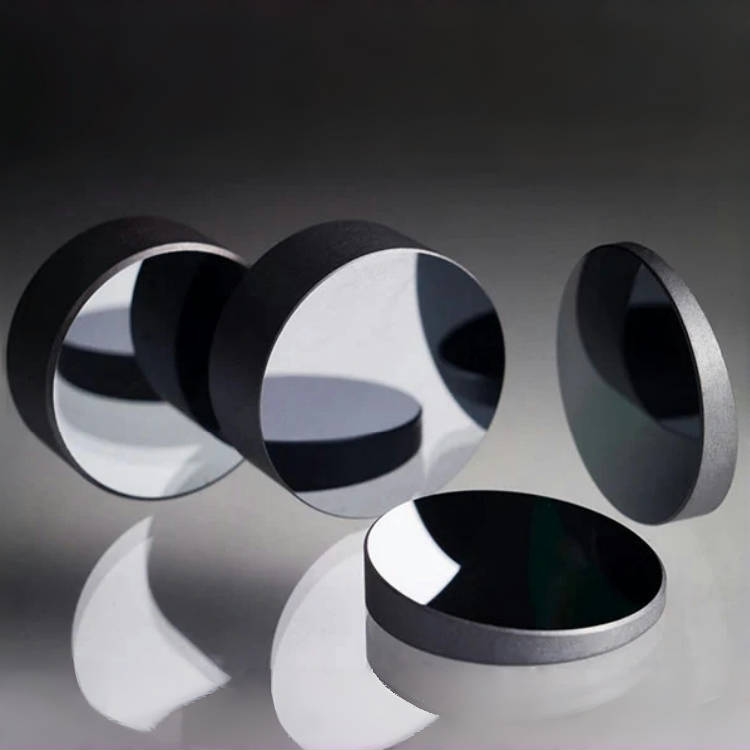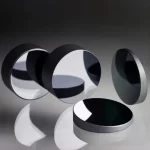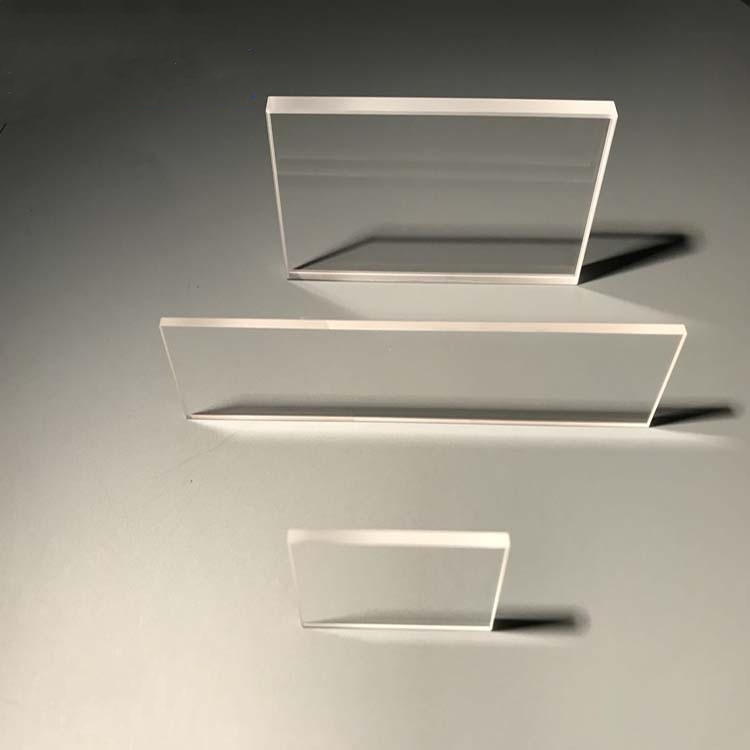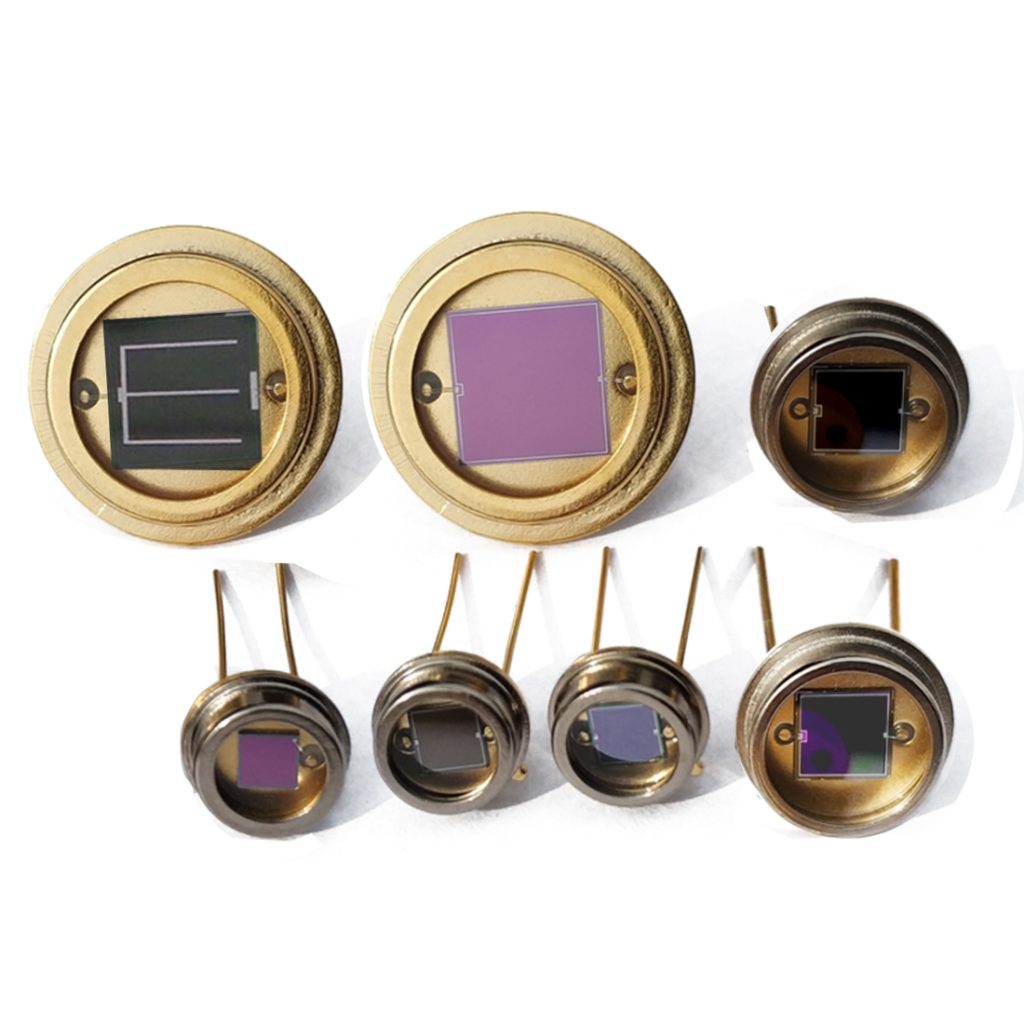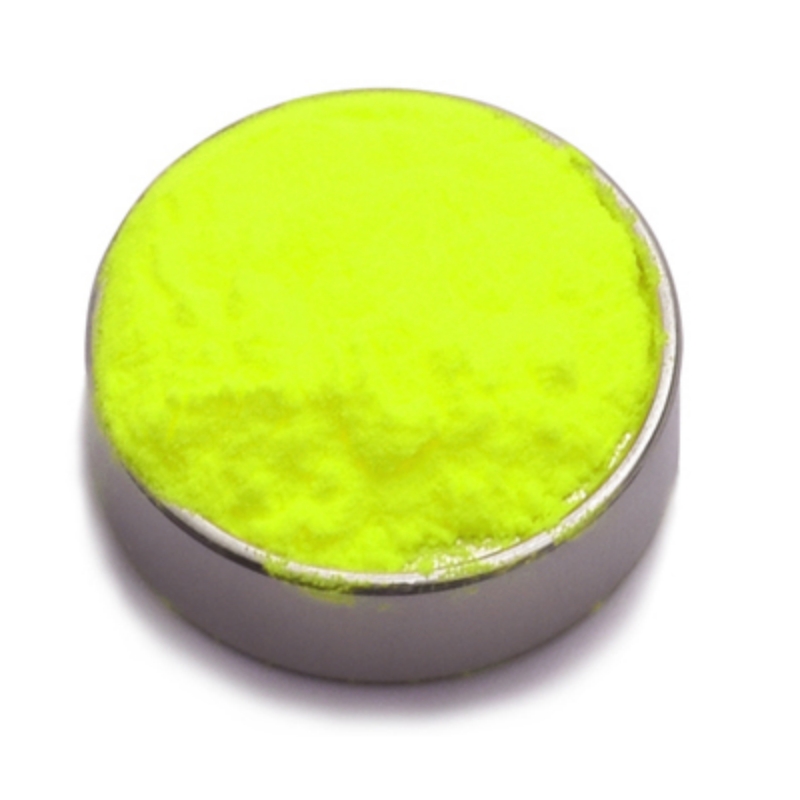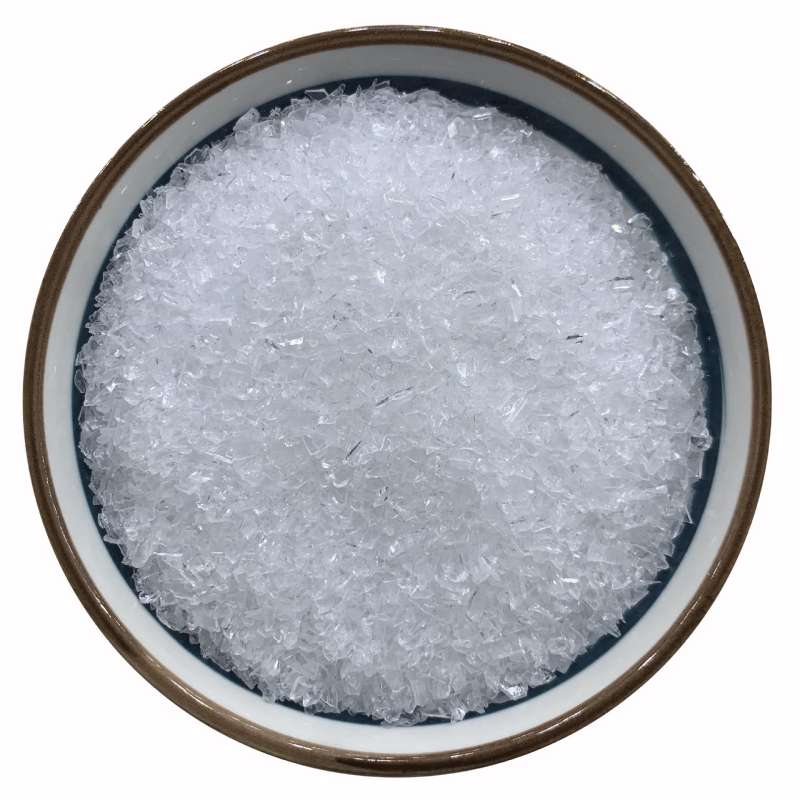Intrinsic silicon is a high-purity semiconductor material known for its excellent electrical properties, minimal impurities, and superior crystalline structure. Manufactured through advanced refining techniques, it offers precise control of charge carriers, exceptional thermal stability, and strong resistance to environmental degradation. This material is widely used in semiconductor devices, optical components, photovoltaic applications, and scientific research, ensuring optimal performance in high-precision electronic and photonic systems.
Product Overview:
Intrinsic silicon refers to pure silicon single crystals without any doping or impurity elements. Due to its extremely high purity and low defect density, intrinsic silicon is widely used in semiconductor and optical fields, particularly in the manufacturing of integrated circuits, transistors, and optoelectronic devices. Its excellent optical transparency also makes it a valuable material in the production of optical components. With a resistivity of approximately 2.32×10^5 Ω·cm at room temperature, intrinsic silicon demonstrates outstanding optical performance, making it ideal for a variety of optoelectronic applications.
Key Features:
- High Purity:Intrinsic silicon is free from impurity doping, ensuring its electrical and optical properties are optimized for high-precision semiconductor and optical applications.
- Low Defect Density:The crystal structure is highly ordered with minimal defects, ensuring the stability and reliability of devices fabricated from it.
- Excellent Optical Transparency:Effective at absorbing light and generating photonic effects across the 0.4μm to 1.1μm wavelength range.
- Wide Spectral Response:Covers both visible and near-infrared wavelengths, making it ideal for photodetectors and optical sensors.
- Low Thermal Runaway:Compared to other materials like germanium, intrinsic silicon exhibits superior free-carrier absorption characteristics, making it suitable for high-temperature environments.
Applications:
- Semiconductor Devices:Widely used in the manufacturing of transistors, integrated circuits, and other electronic devices, serving as the foundation for modern electronics.
- Optoelectronic Detectors:Used in the production of photodiodes, photodetectors, and other optoelectronic components.
- Fiber Optic Communication:Serves as a key optoelectronic conversion material in fiber optic communication systems.
- Infrared Optical Systems:Due to its high transmission in the 1–7μm range, intrinsic silicon is ideal for the manufacturing of infrared lenses and optical sensors.
- Optical Component Manufacturing:Its excellent optical properties make intrinsic silicon a preferred material for optical lenses, focusing lenses, and other optical components.
| Optical Property | Value |
| Transmission Range | 1.2-15 μm |
| Refractive Index | 3.41776 @ 10μm |
| Reflection Loss | 46.1% @ 10μm |
| Structure | Single crystal, synthetic |
| Cleavage Planes | <111 |
| Physical Property | Value |
| Density | 2.33 g/cm³ |
| Melting Point | 1414 ℃ |
| Thermal Conductivity | 163 W/(m·K) @ 313K |
| Thermal Expansion | 2.6 × 10⁻⁶/K @ 293K |
| Knoop Hardness | 1100 kg/mm² |
| Specific Heat Capacity | 712.8 J/(kg·K) |
| Dielectric Constant | 13 @ f = 9.37 GHz |
| Young's Modulus | 130.91 GPa |
| Shear Modulus | 79.92 GPa |
| Bulk Modulus | 101.97 GPa |
| Poisson's Coefficient | 0.266 |
| Chemical Property | Value |
| Solubility | Insoluble |
| Molecular Weight | 28.09 g/mol |
| Property | Value |
| Material Name | Intrinsic Silicon Crystals |
| Available Size | 3-200mm |
| Growing Method | FZ (Floating Zone) |
| Transmittance Range | 1-10渭m |
| Crystal Structure | Monocrystalline |
| Orientation | <100>, <111>, <110> |
| Blank Shape | Round, rectangular, wedge, lens, step drilled, special-shaped |
| Report | Compliance with ROHS and REACH reports |
 new material
new material

